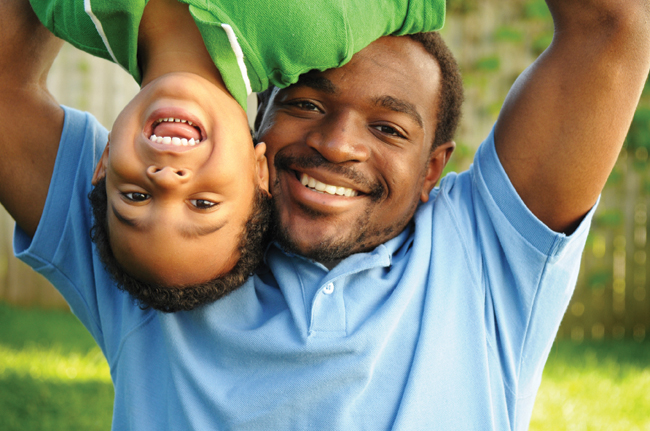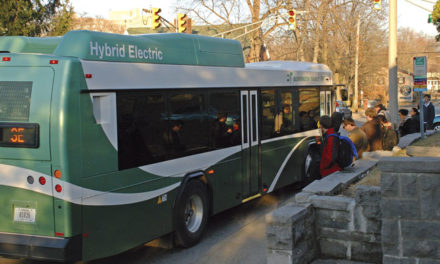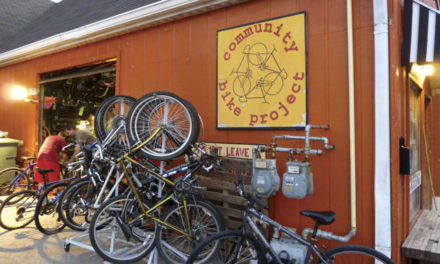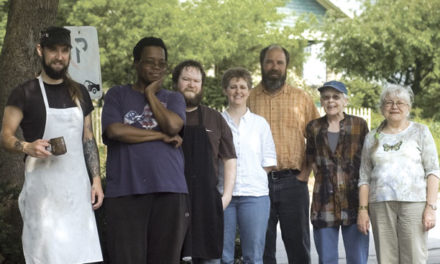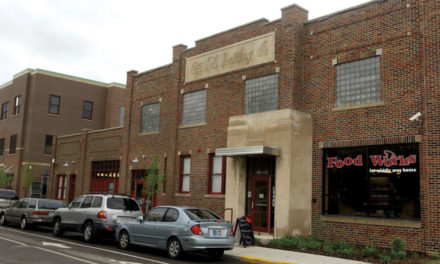BY ROSIE PIGA PIZZO
A breezy fall evening doesn’t stop Mark Howard, 31, and his “Little Brother” Dillan Hawkins, 15, from enjoying Blizzards on a recent Sunday at Dairy Queen. Since the two were matched last January as part of the Big Brothers Big Sisters program, they have not missed a weekend spending time together.
“I went into this not having any expectations, and so far I have a pretty good friend and someone I like hanging out with,” Howard says. “And, selfishly,” he adds with a smile, “I get to do things I normally wouldn’t do, like go to monster-truck rallies and take trips to Holiday World.”
“It’s meant a lot actually,” Dillan says. “He’s just there for me, just to talk and have fun. It’s also made me more confident.”
The Big Brothers Big Sisters of South Central Indiana serves boys and girls in Monroe and Owen counties from age 6 up to high school graduates. As of November, according to Community Programs Director Mark Voland, 286 local children have had a Big Brother or Big Sister, or “Big,” with about 30 more on the waiting list.
Big Brother and Big Sister applicants go through an interview process and receive training for one of two different programs: a traditional community model where Bigs do things with their child around town, and a site-based model where Bigs spend one hour a week with their child at school or the Boys & Girls Clubs of Bloomington. Both programs require a one-year commitment. “We make sure volunteers are going into the right program,” Voland says. “We want the relationship to be consistent.”
When children receive a match, they take a survey that covers relationships, academics, and risky behaviors. They retake the survey one year later. Voland says the surveys show that before being matched with a Big, fewer than 10 percent of the kids are involved in activities outside of school, but a year after the match 95 percent of them are involved.
The program turns 40 years old in 2012, and the impact is as vital as ever. “Kids who have a Big do better in school and home,” Voland says. “Kids who didn’t think about college start thinking about college. Those things won’t happen unless these people in the community reach out.”


